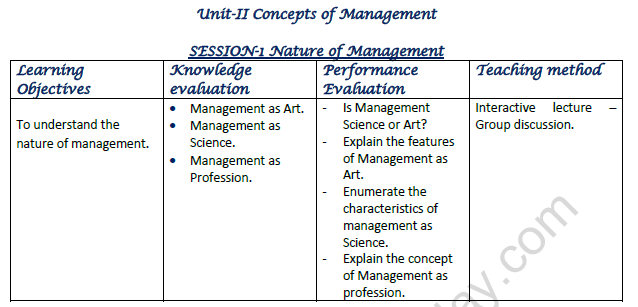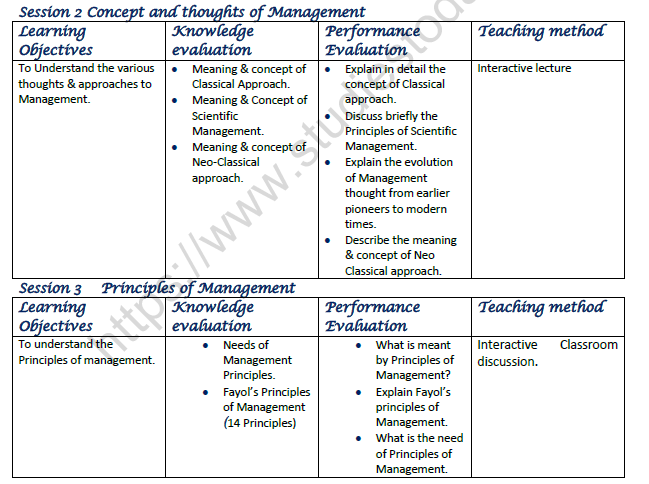


"The dabbawala business in Mumbai is an innovative business designed and executed by a group of uneducated and undereducated people from the ordinary classes to suit the local conditions. The business plan is so designed to make it perfectly functional, while at the same time keeping it cost effective.
The dabba-wallas are semi-literate people, with rural backgrounds from Pune district. They belong to the warrior [clan] of Malua, which fought for [the great Indian king Shivaji] in the earlier days. In the 1890s, one Mahado, a migrant from their area started the supply of lunch boxes. Today under the banner of Nutan Mumbai Tiffin-box Suppliers Association, more than 4500 of them are involved in supplying nearly 2,00,000 boxes every working day. Braving Mumbai weather conditions and difficulties involved in multiple transfer points, these `ordinary' people make only one mistake for eight million deliveries "It is no wonder that the Forbes Global Magazine gave them a Six Sigma efficiency rating on par with multinational companies such as Motorola and General Electric. In fact, the efficiency of dabbawallas is much better than the Six Sigma levels fixed by the experts for world class performances. As a result they are now admired as the model for the global corporations...While mega corporations use the most modern technologies and employ highly qualified technical and management experts to reach higher levels, how could these ordinary people from village backgrounds with only their common sense and limited resources better the benchmarks fixed for the most efficient companies in the world?
In the case of modern corporate sector, they search for different methods to sell their products. In some cases, the products may not be essential to the customers. But still they try to look for different ways to attract customers and sell their products. In the case of dabbawallas they have devised a way to serve the customers who would like to eat home-made food, and in the process they have made it so well that they have become world-class service providers. During the 1980s, the lunch box used to be ` 50, but today the rates are ` 250 per dabba. But certain things have not changed — the dress, the dedication and the punctuality.
The dabbawalas are an incredible team. They have survived for over one hundred years, through wars, through political crisis, the technological craze and the Blackberry revolution. But they are still intact. They have a record of no strikes against management in a socialistic country such as India, and they are always on-time, even through the rainiest days on the planet. Their creativity and ingenuity have kept them alive. When telephone services were at a premium in India, the dabbawalas encouraged housewives to use their system to communicate with their spouses by placing little chits inside their boxes. The husbands enjoyed the chits as much as the food. Thus, the dabbawalas were able to “think outside the box” and broaden their capabilities given very limited infrastructure. On December 1,2005, when Mumbai office workers opened their lunch boxes, they were in for a surprise. They found a variety of HIV/AIDS-prevention messages because it was World AIDS Day. The Health Communication Partnership implemented this innovative program by working with the dabbawalas to reach several thousand workers a day. In addition, 5,000 dabbawalas wore red ribbons on their shirts to show their support for AIDS prevention and cure. On March 25, 2006, the dabbawalas went online with
www.mydabbawala.com. The event was covered by every major TV channel in India.
It is clear from the foregoing case that managerial pursuit of Mumbai dabba walas is par excellence. They have no technological knowledge or education, but they have an excellent supply chain, commitment, work ethics and unparallel time management systems. Similarly, many business organizations have various ways of managing day to day affairs & make their business successful. Then the question arises whether the management is a skill or a set of rules & regulations which have to be followed by every organization. To understand the basic nature of management, it must be analyzed in terms of art and science, (in relation to administration) and as a profession (in terms of managerial skills and style of managers).
1.1.1 Management as a Science
Science means a systematic body of knowledge pertaining to a specific field of study. It contains general principles and facts which explains a phenomenon. These principles establish cause-and-effect relationship between two or more factors. Scientific methods of observations, and experiments are used to develop principles of science.
Let us now examine the features of management as science.
(i) Systematic Body of knowledge – Management has a systematic body of knowledge consisting of general principles and techniques. These help to explain events and serve as guidelines for managers in different types of organizations.
(ii) Universal applicability – Scientific principles represent basic facts about a particular field enquiry. These are objective and represent best thinking on the subject. These principles may be applied in all situations and at all times. For example, the Law of Gravitation states that if you throw an object in the air it will fall on the ground due to the gravitational force of the earth. This law can be applied in all countries and at all points of time. Similarly management contains sound fundamental principles which can be universally applied. For instance, the principle of unity of command states that at a time one employee should be answerable to only one boss. This principle can be applied in all types of organization-business or non business.
(iii) Scientific enquiry & experiments – Scientific principles are derived through scientific investigation and reasoning. Scientific principles do not reflect the opinion of an individual, rather these can be scientifically proved at any time. They are critically tested. For example, the principle that the earth revolves around the sun has been scientifically proved.
Similarly management principles are also based on scientific enquiry and investigation. These have been developed through experiments and practical experience of a large number of managers. For example, it has been observed that wherever an employee has two or more bosses simultaneously, confusion and indiscipline are likely to arise, with regard to following the instructions.
(iv) Cause and effect relationship – Principles of science lay down a cause and effect relationship between related factors. For example, when water is heated up to 100oC, it starts boiling and turns into vapour. Similarly, the principles of management establish cause and effect relationship between different variables. For instance lack of balance between authority and responsibility will cause management to become ineffective.
(v) Test of validity & predictability – Validity of scientific principles can be tested at any time and any number of times. Every time the test will give the same result. Moreover, the future events can be predicted with reasonable accuracy by using scientific principles. For example, the Law of Gravitation can be tested by throwing various things in the air and every time the object will fall on the ground. Similarly Principles of management can also be tested for their validity. For example, the principle of unity of command can be tested by comparing two persons, one having a single boss and other having two bosses. The performance of the first person will be higher than that of the second.
Please click on below link to download CBSE Class 12 Business Administration Concepts of Management Worksheet Set B

